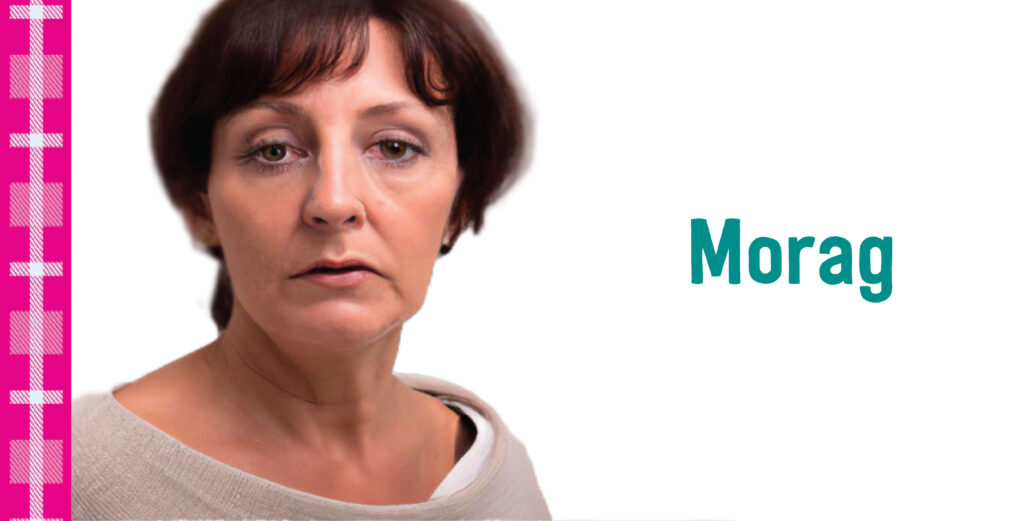As mentioned earlier, the lower levels of oestrogen due to menopause can affect heart health by increasing the likelihood of developing cardiovascular disease.
Managing menopause symptoms can in turn help promote cardiovascular health.
The cardiovascular risk factors associated with menopause can help to be managed by:
- Maintaining a healthy weight
- Not smoking
- Eating a healthy, balanced diet
- Reducing alcohol intake
- Increasing activity levels
Hormone replacement therapy (HRT) can help treat menopause symptoms, but there is also evidence that it can reduce the risk of developing cardiovascular disease (CVD). However, the effect of hormone replacement therapy can vary based on the following factors:
- The time the therapy was started based on age and/or time since menopause
- Underlying health
- How long the therapy was
Research suggests that if hormone replacement therapy is started in individuals who are younger than 60 years old and/or near/at menopause, then it can significantly reduce cardiovascular disease risk.
However, hormone replacement therapy does also have risks including blood clots, stroke, and breast cancer. It may not be suitable for those who have a history of cardiovascular disease.
Therefore, the start and continuation of hormone replacement therapy for an individual should be based on their menopause history, underlying health conditions, established non-cardiovascular benefits and risks, possible cardiovascular benefits and risks, and preference.
When assessing the suitability of hormone replacement therapy (HRT), there is the following approach:
Important things to take into consideration for HRT and people who have had a heart attack:
- The starting dose is very important, it needs to be appropriate for the age of the patient.
- The type of progestogen may be important (non-androgenic progestogens preferred).
- The route of administration of oestrogen may be important.
- Non-oral administration being preferred in those with any perceived risk of thrombo-embolism.
- Tablets are higher-risk compared to patches.
- The co-administration of a statin may bring further synergistic benefits.
- Supervision from a specialist menopause clinic is recommended.





